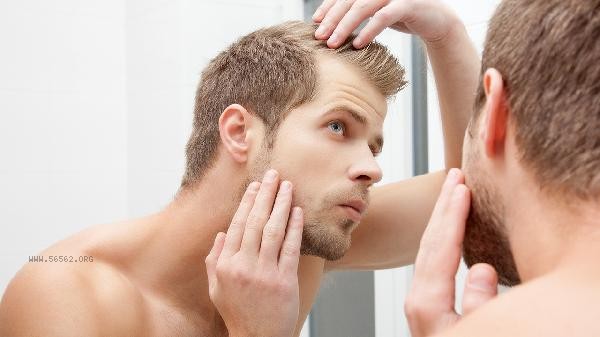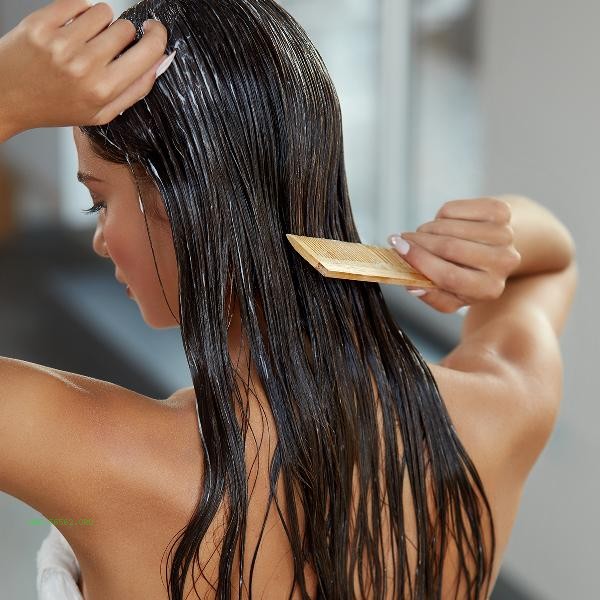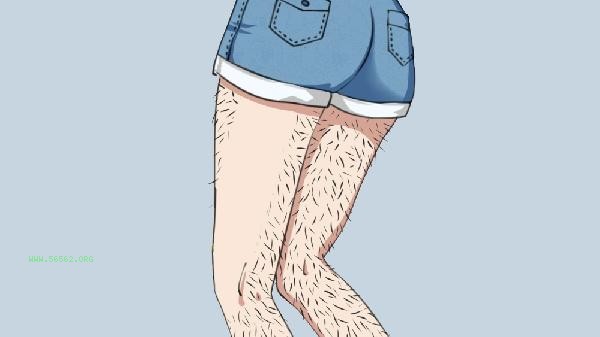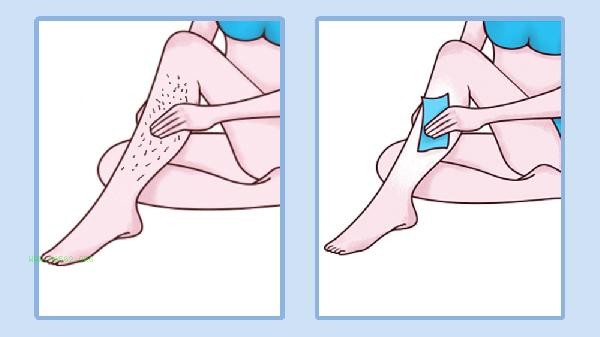Pulling out hair is usually an unconscious behavior, which may be caused by psychological factors or habits. Occasionally removing a small amount of hair has no obvious harm, but frequent hair removal may lead to hair follicle damage or hair loss. The benefits of pulling out hair include temporarily relieving anxiety or stress, while the drawbacks involve risks such as folliculitis and alopecia areata.

1. Relieve Anxiety
Some people may unconsciously pull out their hair when they are nervous or anxious, which may temporarily divert attention and relieve emotional stress through tactile stimulation. But this relief method belongs to short-term behavioral intervention and cannot fundamentally solve emotional problems. Long term dependence may increase psychological burden.
2. Hair follicle injury
Repeated hair removal can damage the structure of hair follicles, leading to local hair follicle atrophy or necrosis. Mechanical stimulation of nerve endings around hair follicles may lead to chronic inflammation, manifested as redness, swelling, pain, and other symptoms. In severe cases, permanent hair loss areas may form and need to be repaired through medication or hair transplant surgery.
3. Risk of alopecia areata
Long term hair pulling may induce alopecia areata related to hair pulling, manifested as circular or irregular hair loss patches. This situation is related to abnormal autoimmune response. Common medications include topical preparations such as minoxidil tincture and halometasone cream. In severe cases, oral cyclosporine should be combined to regulate immunity.

4. Secondary infection
If the hands or scalp are not cleaned during hair removal, bacteria may invade through small incisions and cause folliculitis. Typical symptoms include pustules around hair follicles and itching, which can be controlled by topical application of mupirocin ointment. Repeated infections may lead to scar like hair loss, affecting subsequent hair regeneration.
5. Psychological dependence
Hair pulling behavior may evolve into compulsive habits, forming psychological dependence. This condition is more common in patients with anxiety or obsessive-compulsive disorder and requires intervention through cognitive-behavioral therapy. If necessary, fluoxetine, sertraline and other drugs can be used as adjuvant therapy under the guidance of a doctor.

It is recommended to transfer the urge to pluck hair through alternative behaviors such as pressure balls, meditation, etc., keep the scalp clean, and use gentle shampoo products. If there is persistent hair loss or abnormal scalp, seek medical attention promptly to investigate pathological factors. Daily supplementation with foods rich in vitamin B and zinc, such as nuts and deep-sea fish, can help maintain hair follicle health. Avoid excessive perming or pulling of hair to reduce the risk of physical damage.









Comments (0)
Leave a Comment
No comments yet
Be the first to share your thoughts!